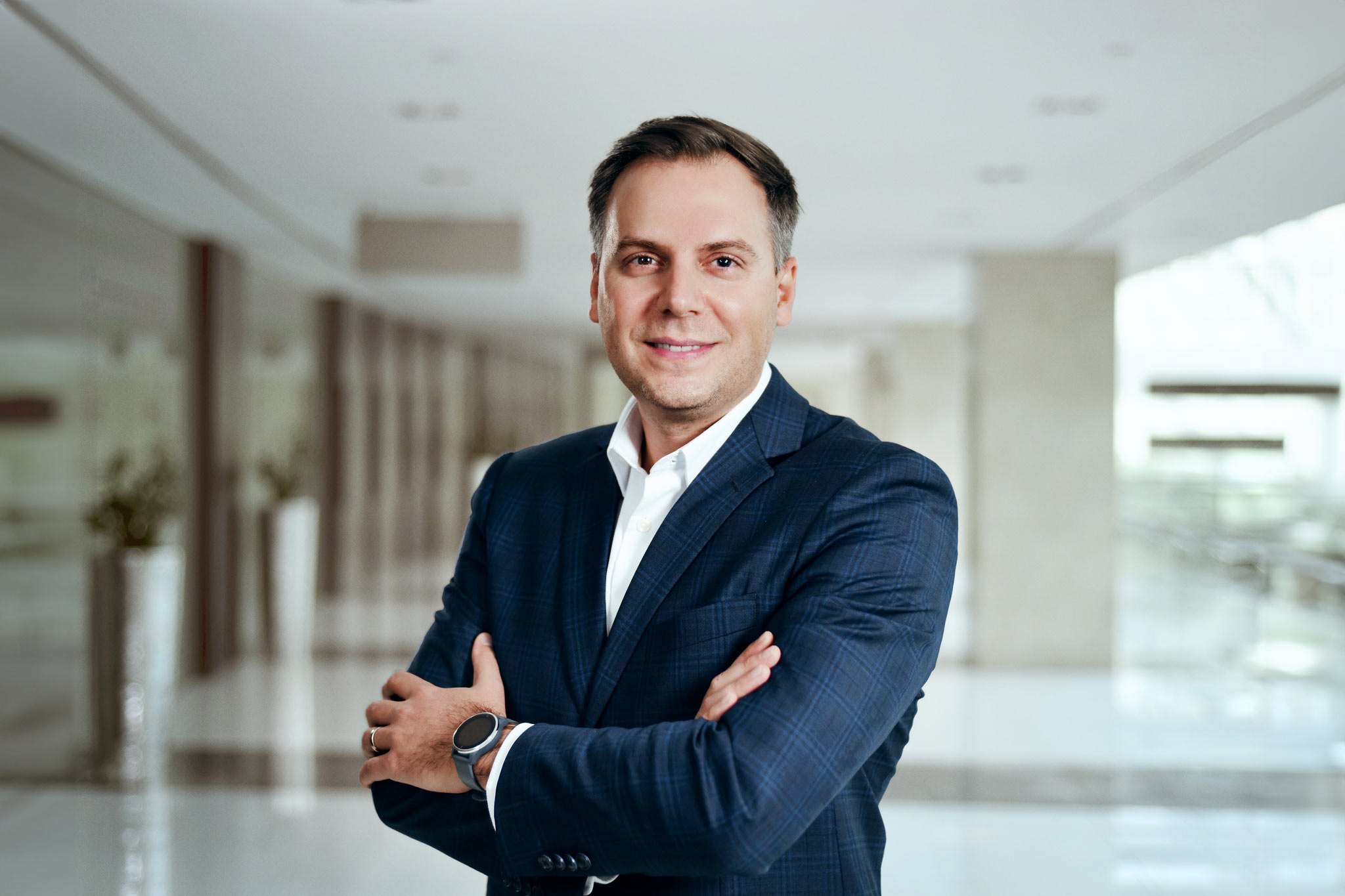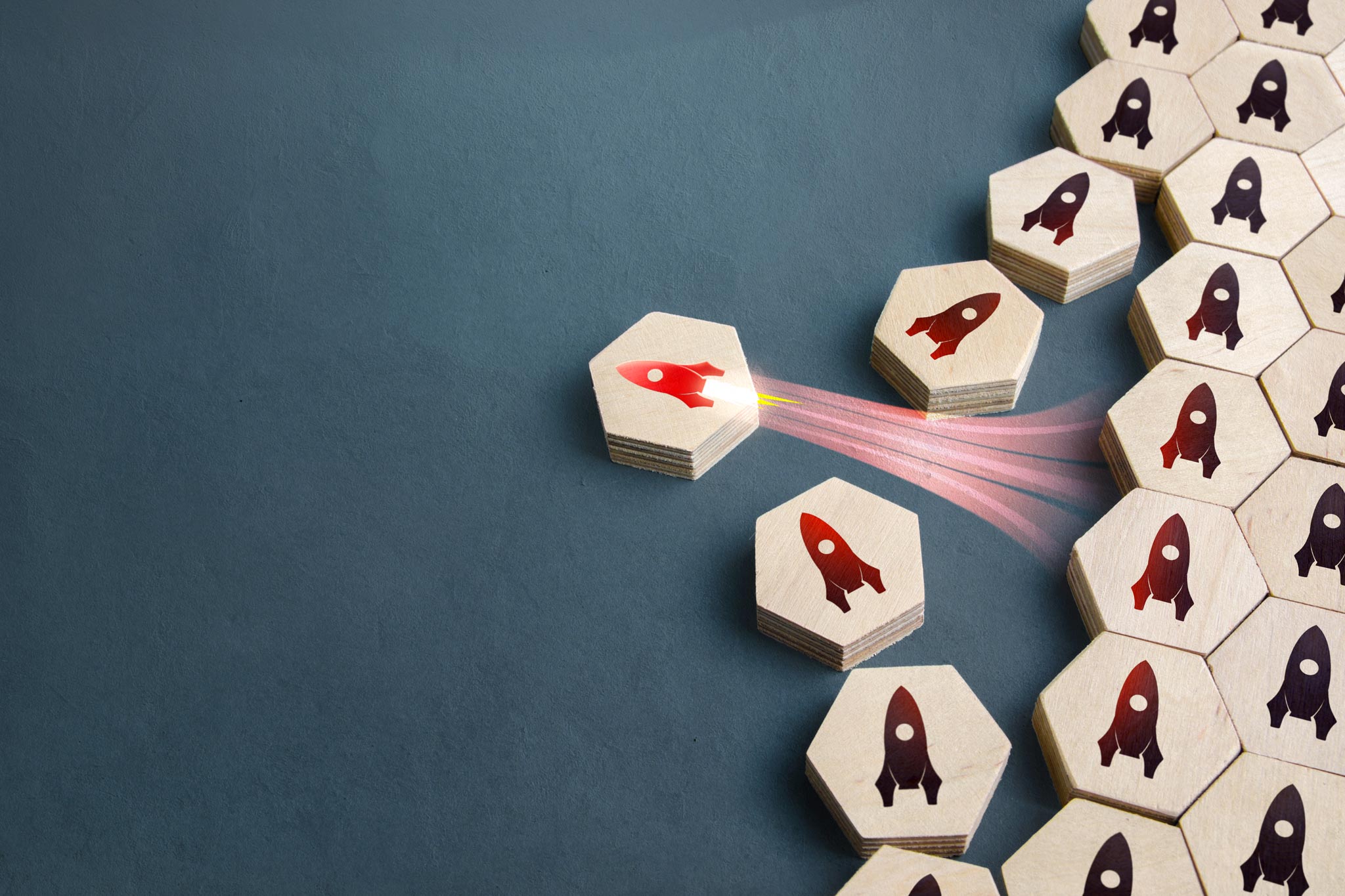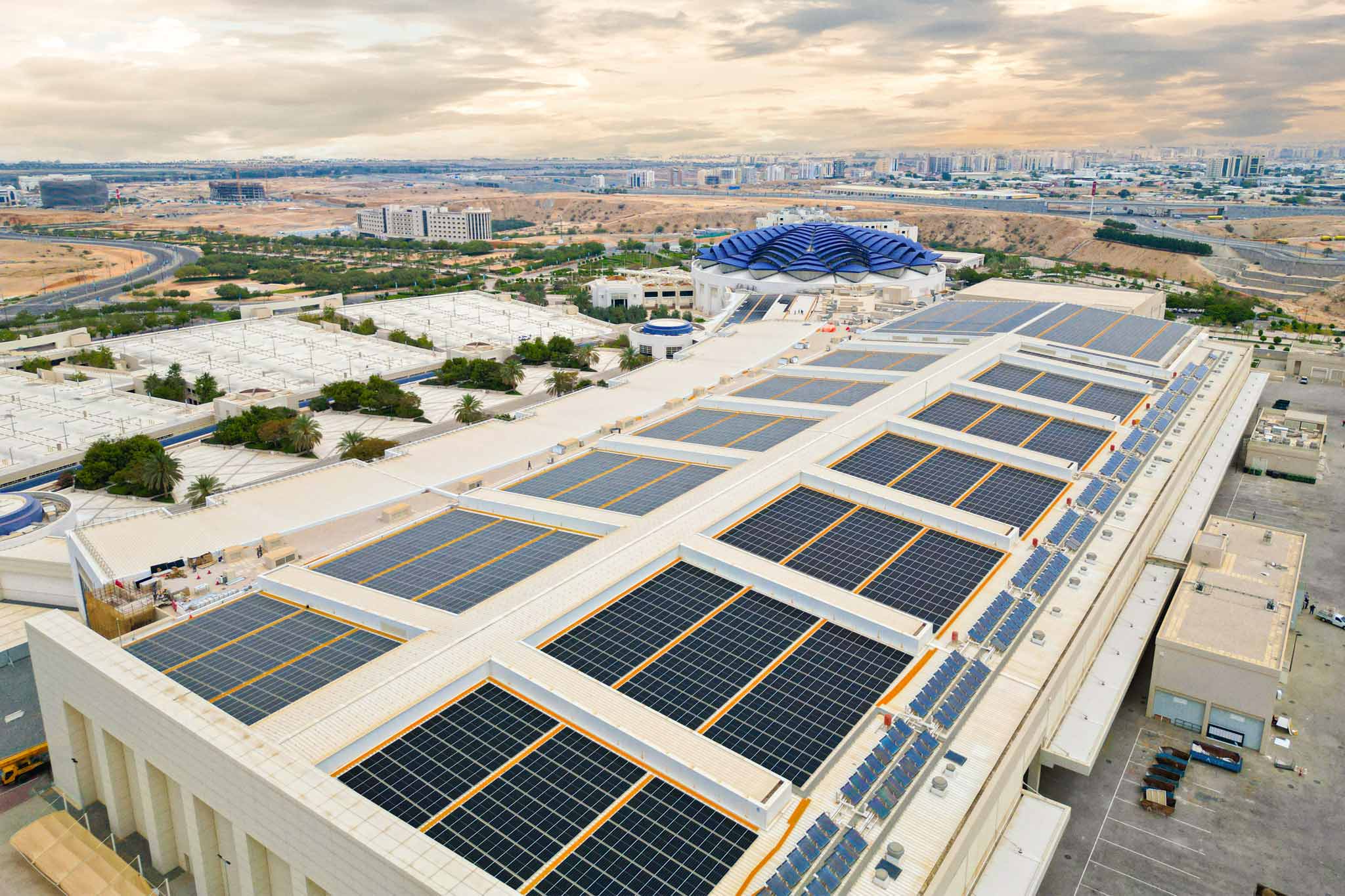Dnata, Dubai National Air Travel Agency, is one of the world’s largest airline service providers. Its main activities are cargo and ground services, catering, and travel services. Emirates and Dnata are independent entities and do not form a group as defined by International Financial Reporting Standards. However, they are under joint management.
Dnata, headquartered in Dubai, started its operations back in 1959. Today, it has over 46,000 employees in 38 countries on six continents. They work at 136 airports and serve over 300 airlines. They manage ground handling at 86 airports, cargo at 48 airports and catering at 64 airports. In 2022–2023, Dnata’s customer-facing team handled over 710,000 aircraft movements, moved over 2.7 million tonnes of cargo, delivered 111.4 million meals and recorded a total transaction value, TTV, for travel services of USD1.9 billion (EUR1.8 billion/AED7.0 billion). In 2024, it expects to prepare more than 117 million meals, which continues to grow.
As recently as April this year, the company won a multi-year catering contract with Etihad Airways in Boston. In March, Dnata also became the first ground-handling provider to receive IATA’s CEIV certification for safely handling lithium batteries at eleven stations globally.
In recent years, the company has significantly invested in training and process improvements to enhance safety and efficiency in handling dangerous goods. In 2021, it became the first global air service provider to adopt the IATA Dangerous Goods Autocheck, a platform for authorising dangerous goods transport. In December 2023, Dnata was further accredited with IATA’s corporate certification for competency-based training and assessment, CBTA, for hazardous goods.
Guillaume Crozier, Senior Vice President of UAE Cargo and Global Cargo Strategy, started his career with Emirates Group in 2011. He has been in his current role since 2021 and is also a board member of Dnata Logistics and Wallenborn Middle East Logistics. In this role, he leads the strategic direction, growth and transformation of the cargo business in the UAE and globally, overseeing a team of over 3,000 employees and managing multiple stakeholder relationships. Moreover, he is a board member of Dnata Logistics and Wallenborn Middle East Logistics, two leading freight forwarding and transport companies in the region.
“I actively utilise the latest technologies and innovations to improve freight operations’ efficiency, quality and sustainability. I am passionate about delivering excellence, customer satisfaction and value to the freight industry, and I am always looking for new opportunities to learn, collaborate and innovate. I share the Dnata family’s vision to make travelling and trading easier, faster and safer for everyone.
“The challenge is to make this happen because you must keep doing what you are doing; we are stakeholders in the supply chain”
“A crucial point for me is sustainability, especially focusing on a long-term vision. Because this is the core business and because of the shareholder and leadership structure, we have a very stable and consistent way forward, which helps us to invest and improve these capabilities. The customers see it, the customers like it, and when it comes to efficiency, efficiency is what matters. We offer fast, reliable and safe services. We offer a functioning Multimodal product, so from airport to airport or port to airport, that is the kind of traditional air freight or sea freight that Dubai has mastered and continues to invest in.
“We have now connected the dots to create reliable sea-air products. Nowadays, we talk about sea air as an option to build the best logistics solution from start to finish. Dubai leads the way, and the connection between Jebel Ali and Dubai World Central Airport has improved. Transit time is as short as possible, and we continue to work with authorities, police, Dubai Trade, and Dubai Customs to make the experience seamless. That is also a strong advantage of Dubai, as we work together.”
According to Guillaume Crozier, the most significant challenge Dnata faces today is that the industry, especially the air cargo logistics industry, is changing.
“We want to keep improving our throughput efficiency and increase the customer experience regarding traceability, visibility, and optimisation. It is all about optimising the organisation. You need the technology to help visualise what’s happening in your business as accurately as possible.
“We are excited to see the outstanding results our drone technology has brought to our freight operations. These drones’ accuracy and reliability have exceeded our expectations, transforming our efficiency. These advances directly impact our airline customers, who can benefit from increased accuracy, shorter waiting times, and smoother logistics operations. The deployment of autonomous drones in our operations reflects our commitment to delivering first-class services through the latest technology.”
Guillaume Crozier explains that if you use drones, it takes much less time to complete inventories. Also, in terms of data entry, you have a picture of your shipment, every position is tracked, and you can experience the results of your inventory much better. Ultimately, you can share that information with your customer as part of your offer and value proposition.
“The challenge is to make this happen because you must keep doing what you are doing; we are stakeholders in the supply chain. You can’t do your things in isolation. If everything is not connected, it will not work. It is, therefore, essential to have close relationships with the actors in the supply chain, discuss the plan for the future, communicate about the innovation, do a proof of concept and make sure that what you are delivering is what the customer wants.
“A strategy is good to create, but the best part of the strategy is the execution”
“I want to add one point: data. If I want to be even more specific about the transformation challenge, it is data. Because the big picture I’ve set up is understood, but on the flip side, it is what data model you need. What is a kilo? What is a piece? Again, all of that must be established in any industry, including data governance, recording, and connectivity. We have excellent data architecture, technology, and resource capabilities. And that helped us lead the way to make this happen.
“A strategy is good to create, but the best part of the strategy is the execution. So, making things happen is what I see and what we do. You have to be persistent and clear about your vision. All this has to be done sustainably. When I say sustainable, I mean robust and long-term from a process perspective. But of course, I also include the environmental aspect here.”
Sustainability and reducing Dnata’s emissions are also fundamental issues for Guillaume Crozier. The company’s environmental programme focuses on the areas where they can make an impact: reducing emissions, consuming responsibly, and preserving wildlife and habitats. These three pillars are the priorities of Dnata’s environmental framework. The company endeavours to deliver results in these focus areas in its operations and through its products and services to help its customers and partners achieve their sustainable goals.
“In the case of my business, for example, we have already implemented a recycling system that allows us to recycle the condensation from the AC system in our warehouse. So, this is all collected, filtered and reinjected into our pipeline, five thousand litres per day that we save, which is fantastic.
“We are also looking at key issues in a more circular economy. We accept plastic, we accept wood and wooden pallets. So, it is about reusing these raw materials as much as possible. First, reuse is very pragmatic. What you cannot reuse is injecting into the circular economy for the supplier to rebuild wooden pallets or plastic pallets that you can use in your intra-logistic day-to-day. That is happening right now, and we are focusing on it. We are looking at solar panels, and they are in the pipeline.”
Based on a global freight strategy, Dnata wants its new facility to be certified as a sustainable green building and meet new standards. So, it is aiming for BREEAM or LEED certification.
“We have the Dnata Cargo City building in the UK. And we are certified. We focus more on the UK, and LEED will be more international and American. And that’s what we follow. It gives us a clear framework regarding quality and helps us discipline ourselves and our staff. It also keeps a strong principle with independent auditors who can come and help us improve.”



